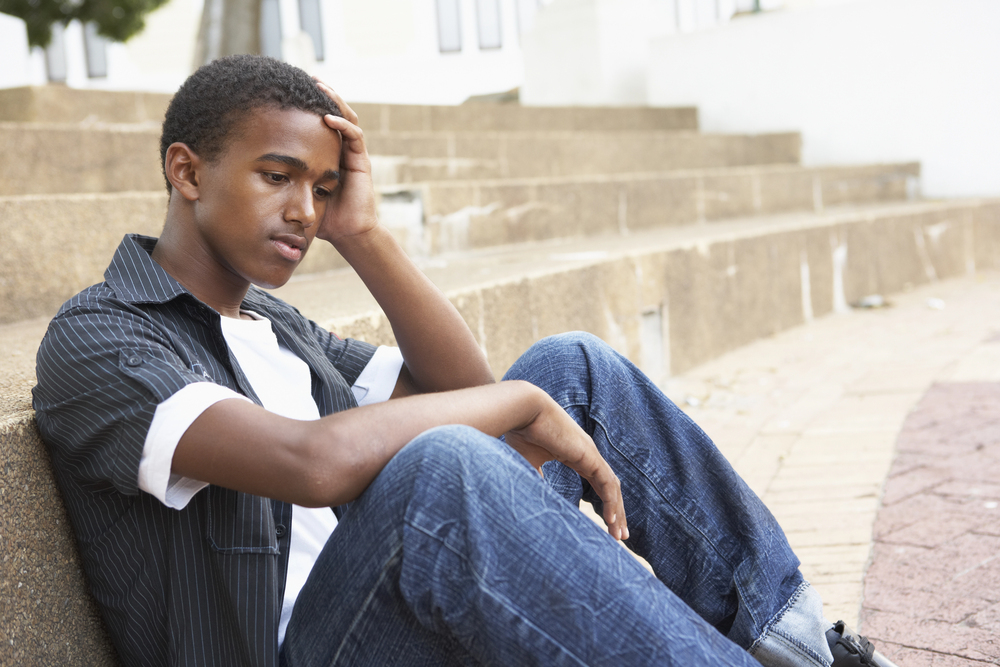It’s more than just “teen moodiness” and should be addressed with behavioral therapy.
As you pull open the door to your son’s bedroom, the scent of body odor wafts into the hallway. Dirty clothes, magazines and trash cover the floor, and you’re pretty sure that piece of pizza sitting on his bedside table wasn’t fuzzy the first time you saw it there a few weeks back. Your son’s room is a complete disaster. (Not a surprise, as you’ve asked him to clean it plenty of times this week.)
Before you can even think, you feel your face burning red with heat and you lash out in anger, yelling about how you told him to clean his room days ago while he does what he always does – sits there in silence. After you finish yelling, he calmly looks up at you from his book and says “Okay, mom” before returning his gaze to his book. After a brief moment he gets up, sets his book down, and starts shoving the clothes and trash scattered across his floor underneath his bed. After dumping the rest of it into his closet and slamming the door, he plops back on his bed and picks up his book. “It’s done. Are you happy now?”
At this point, you’re fuming and you can’t even think straight. This hostile behavior is a consistent thing with your son and it’s starting to get out of hand. Many parents might view these kinds of actions as typical teen moodiness but in fact, it’s truly a very dangerous behavior that may require behavioral therapy.
What Is Passive Aggressive Behavior?
The scenario above is a prime example of passive aggressive behavior. Seem familiar? PsychologyToday.com refers to passive aggressiveness as “sugarcoated hostility” and hostile actions that mask the true feelings of anger. Many teens resort to passive aggressive behavior because they don’t know how to express their anger, frustration or true feelings.
Although you may initially assume your teen will just outgrow this behavior, staff members at behavioral therapy programs for troubled teens will thoroughly disagree. Here at our Christian boarding school for troubled boys, we take passive aggressive behavior very seriously – and you should too.
Dangers of Passive Aggressive Behavior in Teens
Focusonthefamily.ca argues that passive aggressive behavior is the most dangerous way a teen can express anger for many reasons, including the following:
It’s unhealthy. Instead of clearly expressing how he feels and finding resolution, your teen is using passive aggressive behavior to get back at you. This could lead to very dangerous behaviors such as seeking out drugs or alcohol. These kinds of behaviors will of course, hurt you, but they also often lead to the physical, mental and spiritual harm of your son in the process.
It doesn’t just go away. If you think your teen will outgrow his passive aggressive behaviors, the opposite couldn’t be more true. Without behavioral therapy, passive aggressive behavior will stick around into adulthood and can eventually become an unconscious habit.
It destroys relationships. Healthy relationships require honest communication to survive. Passive aggressive people avoid serious issues instead of confronting them, and in turn, frustrate and anger those that are closest to them. Passive aggressive behavior is very difficult to deal with and many would rather forego the relationship than deal with it any longer.
Behavioral Therapy for Passive Aggressiveness
Ozarks Teen Challenge is a youth program that addresses many kinds of issues teen boys face, including addiction to drugs, alcohol and pornography, consistent low self-esteem, defiance, and other behavioral issues such as extreme passive aggressiveness. In addressing your son’s passive aggressive behavior, our staff can help him learn how to express his anger in a healthy way, develop his personal integrity, and build relationships that are Christ-centered, open and honest.
Our Christian boarding school with rehab treatment also focuses on full family rehab. We understand that fully addressing your son’s passive aggressive behavior involves the entire family. We will take the time to work with you and your spouse to help you learn how to respond to passive aggressiveness and effectively address issues that arise at home.
If you’re dealing with a passive aggressive teen at home, we can help. Contact Ozarks Teen Challenge today to learn more about our behavioral therapy programs and faith-based teen rehab for troubled teens.




